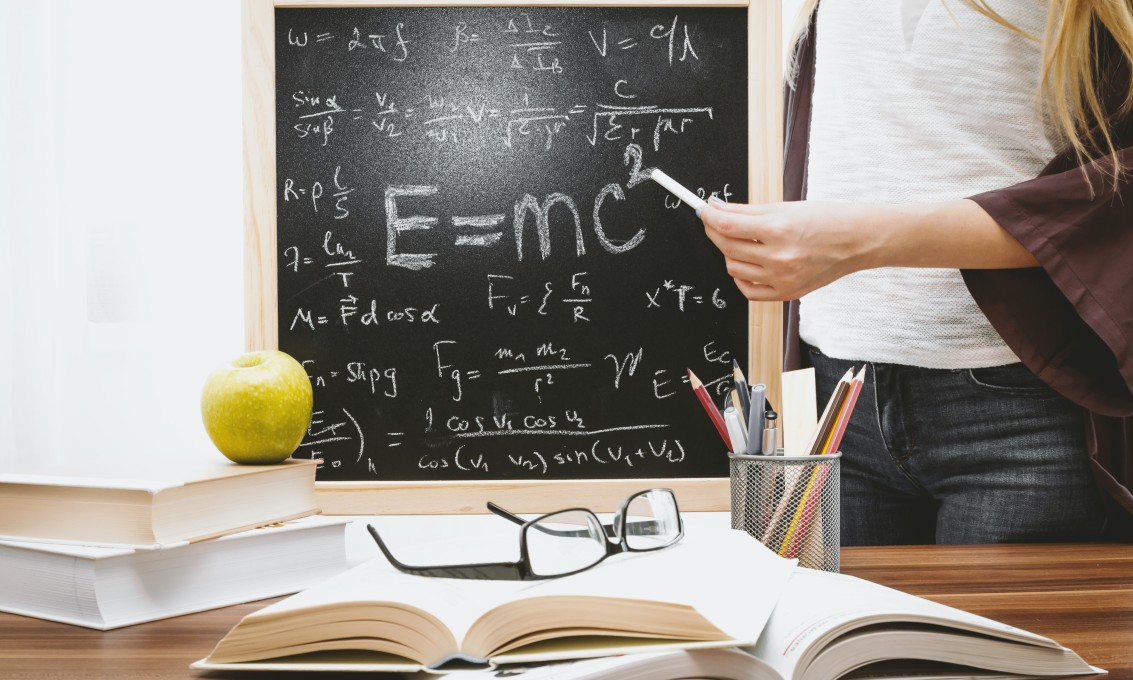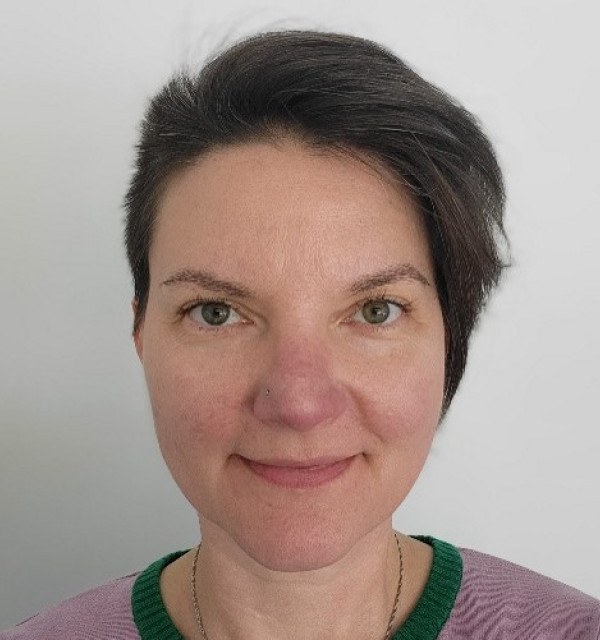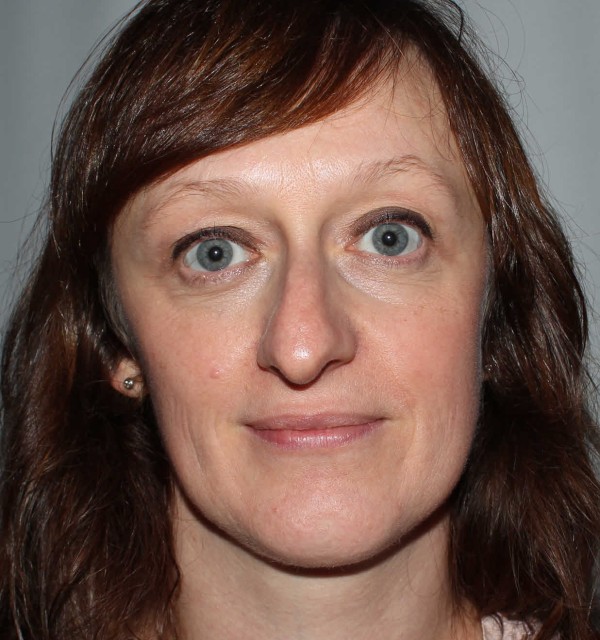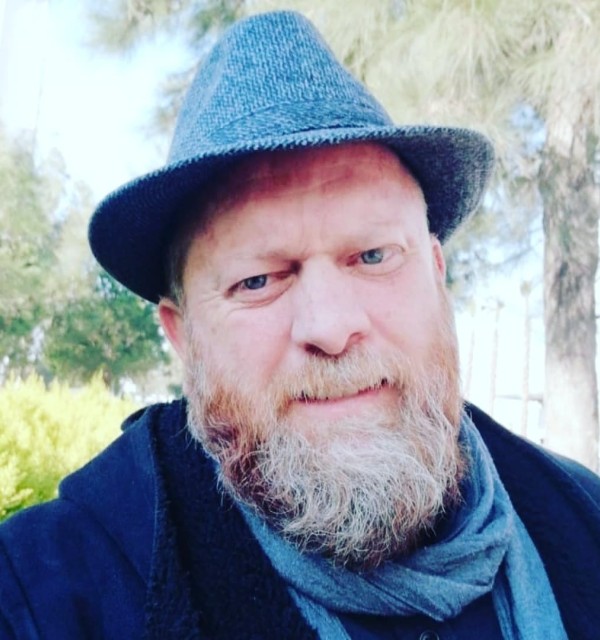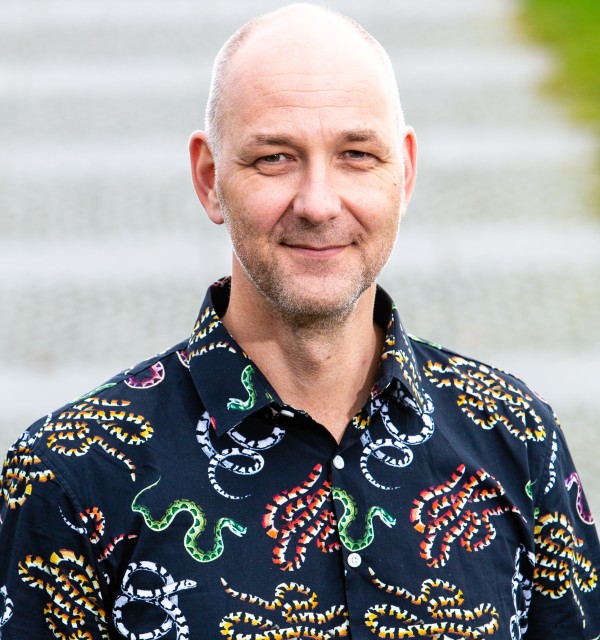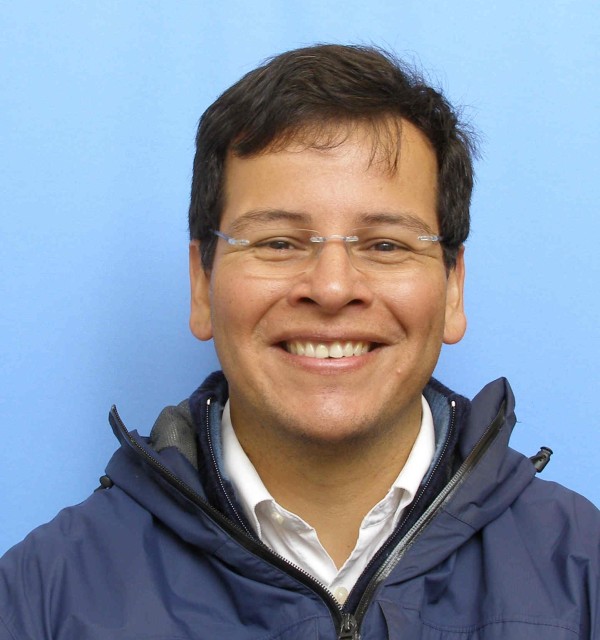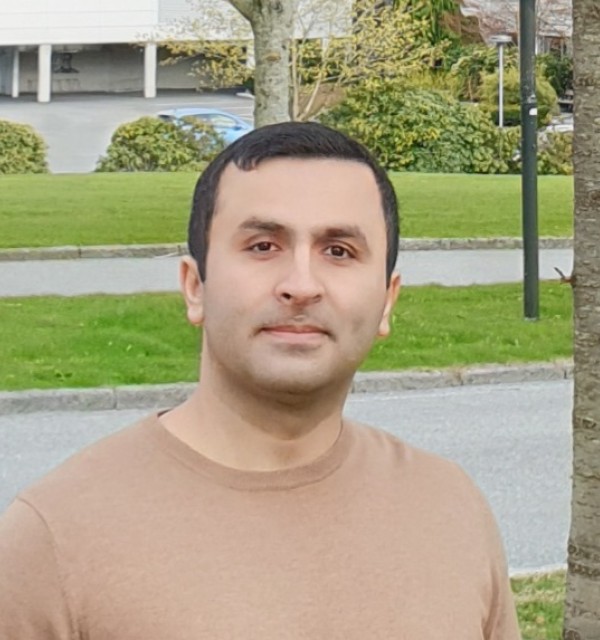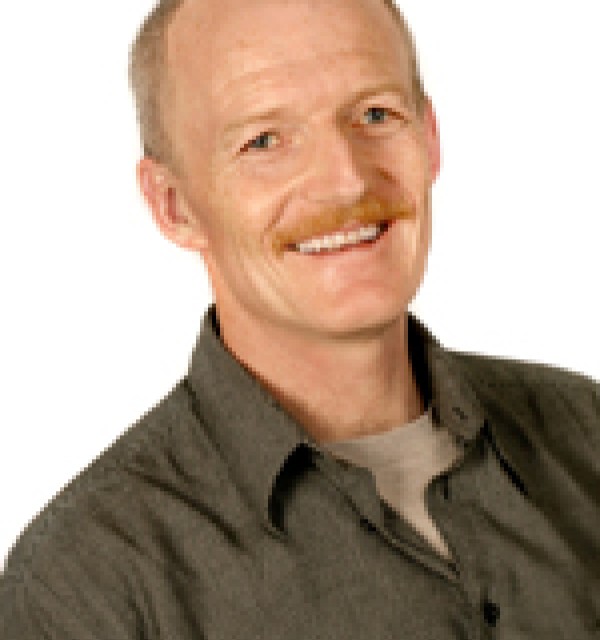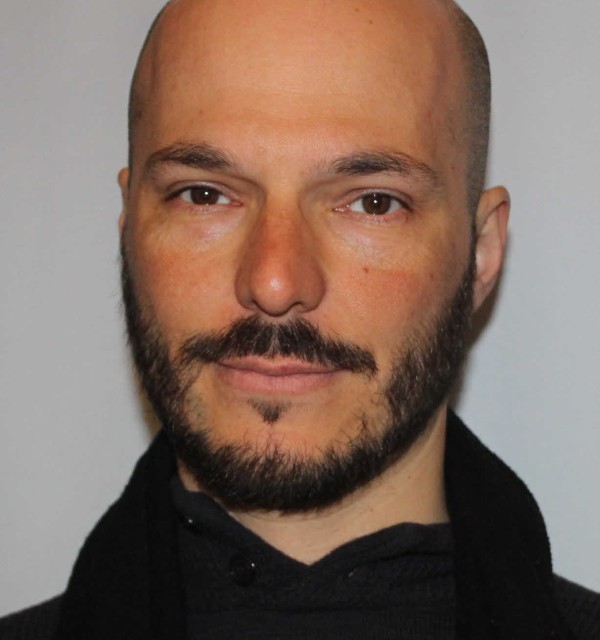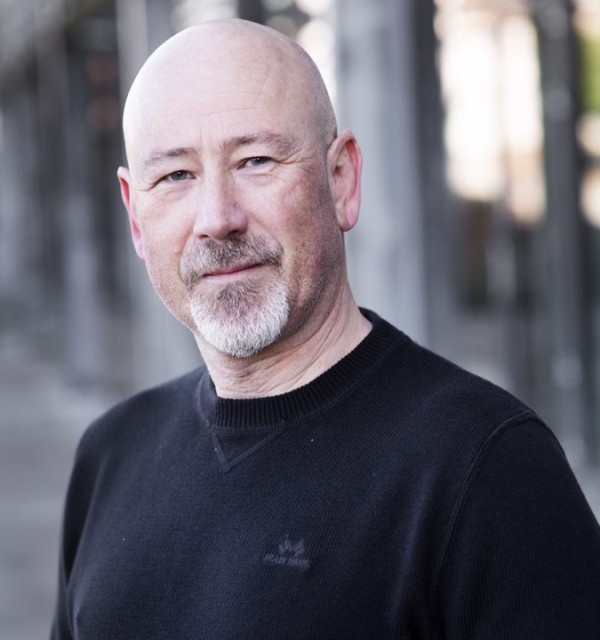This project (SUBSET) aims to increase the relevance of subsurface course content to actual needs in the energy industry of the future by establishing an arena for dialogue and collaboration between academia and industry.
Lisa Jean Watson
2022-2024
Aker BP, AS Norske Shell, Equinor, Vår Energi, WintershallDea, Tekna, Norsk Olje og Gass, Industri Energi
Norwegian Directorate for Higher Education and Skills: "Increased work relevance of education study programmes"
About the project
The SUBSET project's activities will target a better understanding of the knowledge gaps within subsurface competencies required for the energy transition, how to bridge these gaps, and how to increase the interaction between industry and academia. The goal is to provide a richer educational experience for the students and continued knowledge exchange between academia and industry. We foresee that the project will increase industry relevance of subsurface education and will create value for all project stakeholders.
The main components of the project include dialogue with all stakeholders, design of improved or new course content, and identification of methods that will maximise the learning experience. The work-plan includes running pilot courses to test the outcome and collect feedback for their evaluation. Dissemination to fellow researchers as well as to society at large will be pursued via workshops and publications.
The Department of Energy Resources at UiS initiated and will coordinate the project. The Department for Continuing Education (EVU) and University Pedagogy Department (UNIPED) at UiS will contribute to the project deliverables.
Hosted workshop for Tekna members
The SUBSET project group hosted a workshop for Tekna members to present results from the workforce survey.
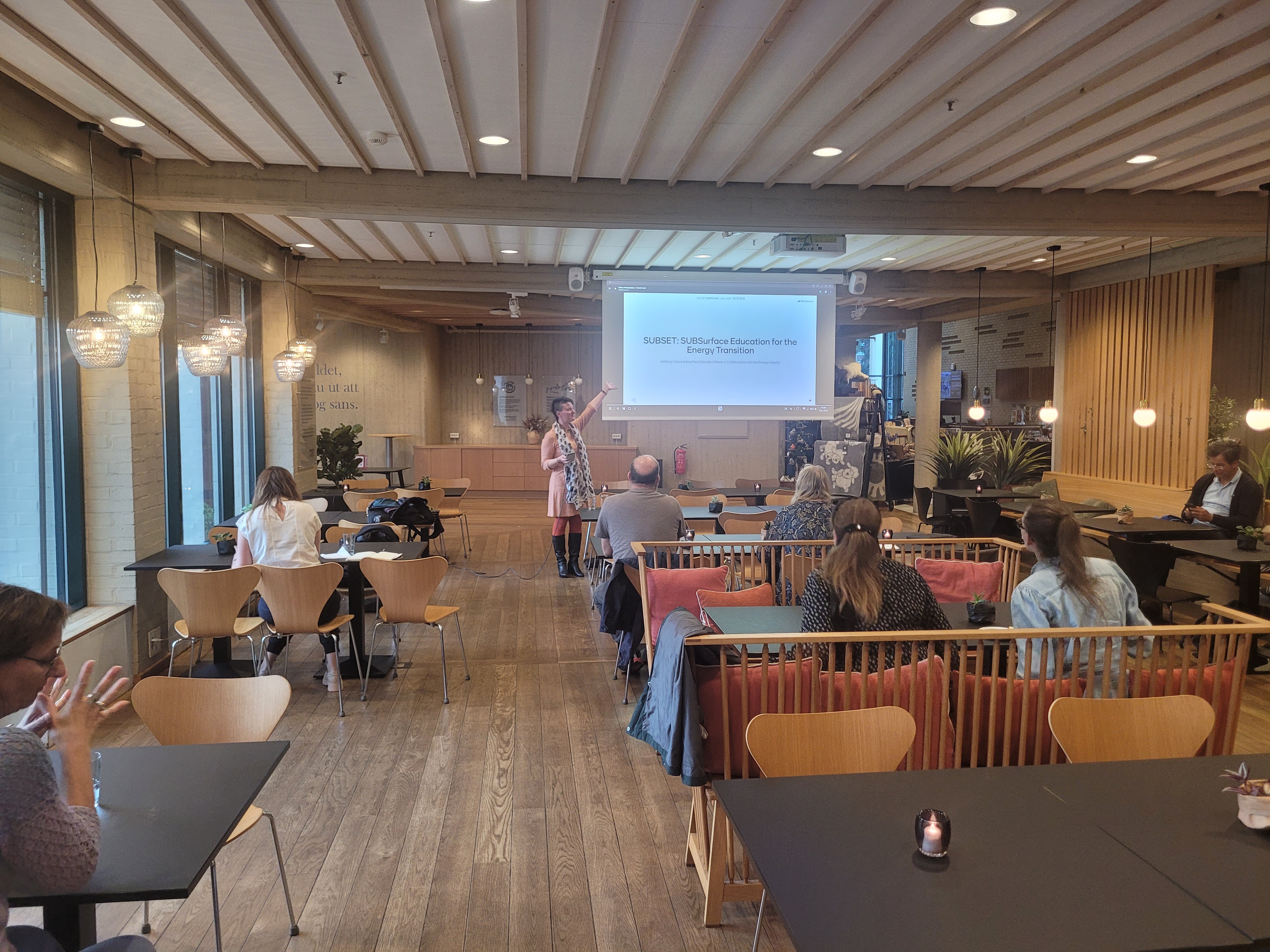
On September 12, SUBSET researchers Lisa Watson, Kenan Dikilitas, and Micol Pezzotta hosted an evening with Tekna members at the Archaeology Museum.
The evening consisted of a visit to the archaeological exhibitions, enjoying the hor's devoures from the cafe, and an overview of the project SUBSET, “Defining Future Subsurface Education Needs in Collaboration with the Energy Industry”. This is a collaborative project with industry partners and support from interest organizations, including Tekna's local branch in Stavanger.
The project aims to increase the relevance of subsurface course content to actual needs in the energy industry of the future by establishing an arena for dialogue and collaboration between academia and industry.
The audience got an overview of the feedback received from industry partners and survey respondents that helped guide which continuing education courses SUBSET will create and offer. Two courses have been approved by the administration, Carbon Capture and Storage and 4 micro-courses on Python programming. Carbon Capture and Storage starts on September 19 and the Python micro-courses will begin in January. Current registration is limited to project partners.
SUBSET workshop
On June 9, a workshop was held for sharing ongoing work between HKDIR funded projects at UiS – "Increasing work relevance in education: Collaboration between universities and industry".
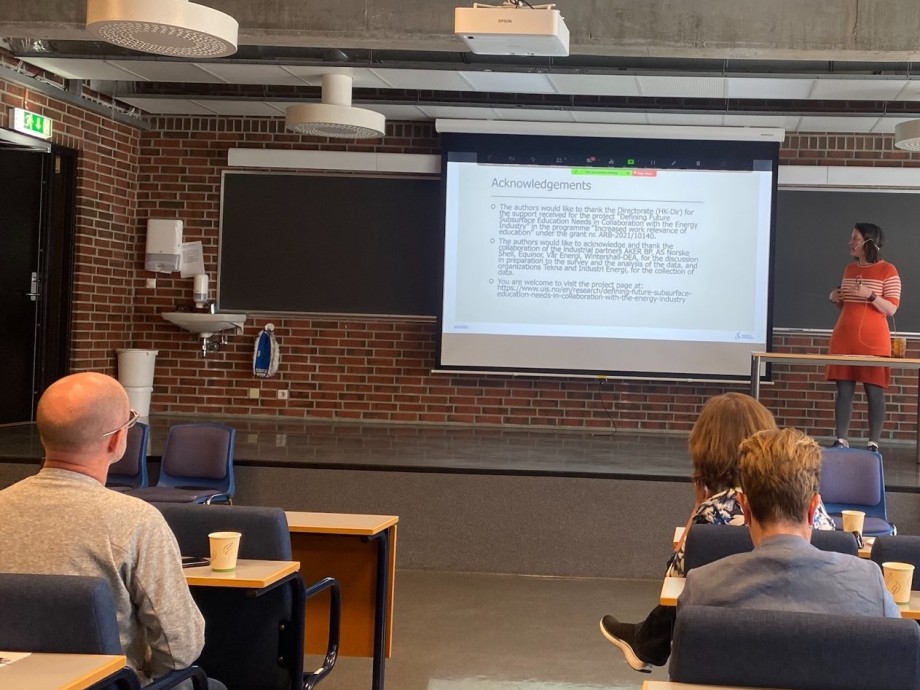
The projects are to increase work relevance in education, provide new ways of learning and assessment, and to share the learned experiences and knowledge. Both projects are using EVU as a means to do this as it is more flexible for us to try out new courses and programs with a quick turnaround. The project in TN is Defining Future Subsurface Education Needs in Collaboration with the Energy Industry (SUBSET). SUBSET is a collaboration between IER, Uniped, and EVU. Lisa Watson presented on behalf of SUBSET. The second project is from the Social Sciences Faculty and is led by Rune Todnem By and Trude Furunes and is focused on work relevance education related to leadership for all employees, not just management - Strategic design and leadership in support of the green shift: from ”Strategic design and leadership” to ”Master in Transformation and Innovation”. Kenan Dikilitas, a Professor in Uniped and contributor for SUBSET, led a discussion after the project presentations.
SUBSET presented how we have collaborated with different stakeholders in work relevant education - energy companies, workforce, trade organizations, and academic staff. We are working on 2 courses which were identified as being needed and relevant. One has been submitted for approval and is focusing on carbon capture, use and storage. The second course description is being finalized within the next week to ten days. It will focus on basic skills for coding and programming for those who have other education and to learn to apply these skills to their own work.
The workshop had 16 people physically and 15 people online, including some from HKDIR. Except for HKDIR, this was an internal UiS workshop.
Identification of needs: completed
SUBSET has completed its first work package to identify and prioritise workforce educational needs. Now, work package two has begun where the project team will create the course content. Stay tuned for more developments.

Kick-off meeting
The project started on March 21st with a digital meeting (via TEAMS) where all partners met to review the work-plan and agree on the first activities of the project.

Project team
Related articles
Impact Case: Eco-Friendly Hydrate Inhibitors: From University Research to Industry Innovation
Eco Inhibitors, a spin-off from the University of Stavanger, has brought breakthroughs to the oil and gas industry with ...
Advanced Power System Operations (AdPSO)
We conceptualize advanced operational functions as well as explore optimization methods and physics-informed AI to addre...
New methods for characterization of impurities in chalk
Tine Vigdel Bredal has investigated different methods for analyzing chalk at core level and right down to the smallest s...
UiS students won the Laurie Dake Challenge
Master students from University of Stavanger won the prestigious student competition during the geology conference EAGE ...
HyTack: Tackling the Challenges in Hydrogen Economy through Education and Research
The HyTack project aims at developing and providing an educational base in the field of hydrogen technology to the stude...
Data-driven mathematical modelling
Mathematical models enable a scientific understanding of natural phenomena around us, and the study and optimization of ...
Analytical Solutions Toolbox for Multiphase Core Analysis
Developing a digital toolbox for Special Core Analysis (SCAL).
Seismic inversion methods for reservoir characterisation
Nisar Ahmed has developed a workflow for seismic inversion methods to estimate the rock-properties in a reservoir.
Impact Case: The National IOR Centre of Norway
The National IOR Centre has provided cost efficient and environmentally friendly solutions for improved oil recovery on ...
Ghosts of Empire in the North Sea
We are a research collective that aims to shed light on the imperial logics embedded in extractive activities in the Nor...
Environmental risk assessment of enhanced oil recovery solutions
In his PhD work, Mehul Vora has contributed to new knowledge about the environmental risk related to shortlisted product...
Special Core Analysis – Modeling, Experimental Design and Upscaling
Prediction of subsurface multiphase or single-phase flow processes is challenging, but important for oil and gas product...
Industry awards to energy students
Repsol and Vår Energi awarded a total of nine prizes and NOK 350,000 to bachelor and master students at UiS.
What does the energy industry need?
Researchers at University of Stavanger have asked the industry to define their education needs in the years to come.
Large Offshore Wind Turbines: Structural design accounting for non-neutral wind conditions
How to reduce cost of energy for future large offshore wind turbines in free-wind and wake conditions by using full-scal...
Laboratories for drilling and well technology
Within the field of drilling and well-technology, there are several laboratories conected to the Faculty of Science and ...
3 million for green offshore research
UiS researchers got funding for Polish-Norwegian collaboration.
Won prize for best PhD project
Huong Huynh finished her PhD project at University of Stavanger October 2021. Now her PhD thesis has been selected as Be...
Contact
Department of Energy Resources
Department of Energy and Petroleum Engineering
